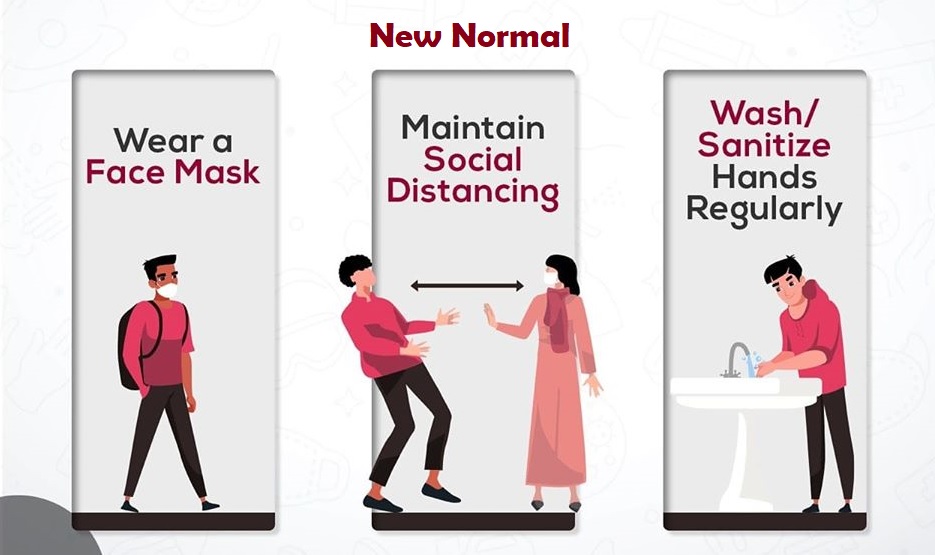
The Coronavirus Paradox
- By Anandita Rohi --
- July 13, 2020
Covid, Lockdown, Unlock, Social Distancing
In recent times we saw the Indian landscape turn upside down with the advent of Covid-19 and the Prime Minister imposing a 21-days lockdown on March 24 2020. It led to a surge of fear in the minds of people regarding the Covid-19 debacle. People started panic buying, and all road, rail, and air transport were halted. More than 350 deaths were reported as of May 10, with reasons ranging from starvation, suicides, exhaustion, road and rail accidents, police brutality, and denial of timely medical care. In a study conducted by Livemint, Indians were more fearful of Covid-19 compared with Western nations (UK, USA, Germany, Sweden, among others), and the fear was higher among millennials, especially women. As schools and offices shut down, the fear accentuated with the fear levels in Indians rising from 54% to 65%.
The lockdown was imposed when the cases in India were at 606 on March 25. More than 80% of respondents in India approved the government’s response to handling the Covid-19 situation. They also had very high scores on the stringency index (94 and above, on a scale of 0-100) developed by the Oxford team. However, as lockdown measures eased until May end, there was a sudden rise in people shunning norms of social distancing, wearing masks, and avoiding public gatherings. Large gatherings were carried out in various parts of the country, which led to widespread Covid-19 among its attendees. In a similar case in Bihar, a groom invited as many as 400 people to his wedding. The groom died after two days; however, the gathering left hundred-odd people infected with Covid-19.
WHO’s emergencies chief Michael Ryan remarked, “too many countries are ignoring what the data is telling them. You cannot ignore the problem (COVID-19), either. The problem will not magically go away.” Nevertheless, the solution to this is not another lockdown. We are very well aware of the consequences of the lockdown that took place across the globe. People were stranded, millions lost their job and livelihood, not to mention the anxiety and mental stress it caused in people. Sadly, it seems to be a Catch-22 situation; You cannot go out because the virus is spreading, but you have to go out to work; otherwise, how will you eat.
Currently, India is at the forefront of the crisis, with more than 7 lakh cases to date. Each new day brings new cases. So the question really is how we go forward to live with this “new normal.” As citizens, it is imperative that we change our behaviour and effectively wear masks, practice hygiene (washing hands, using sanitizers) and adopt the right cough etiquette. Physical distancing norms should be practiced with a focus on high-risk populations. It is clear that coronavirus is here to stay.
Source:



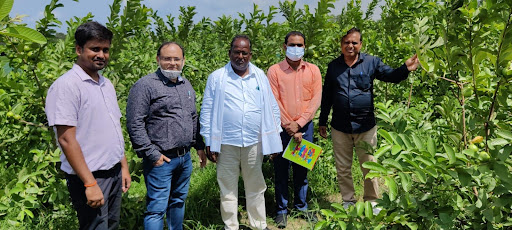


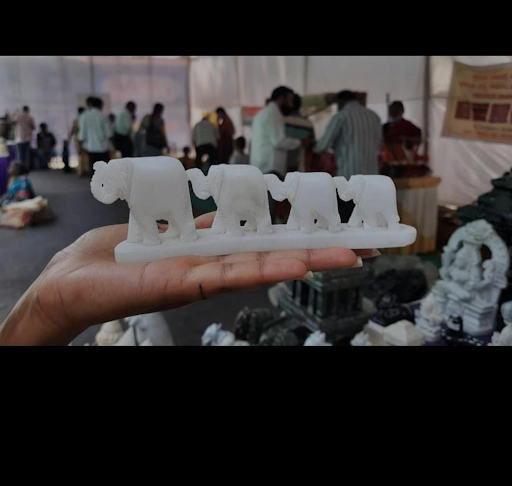
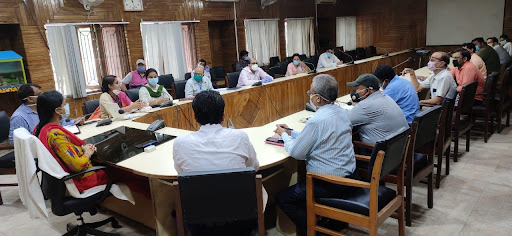
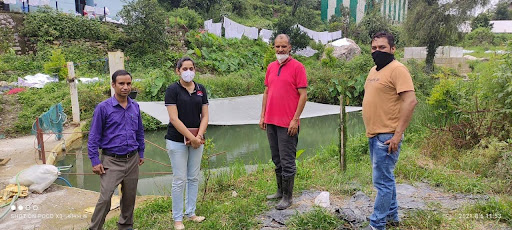




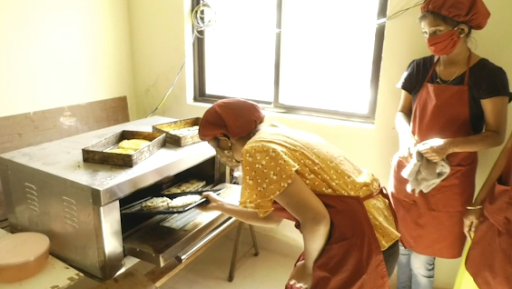
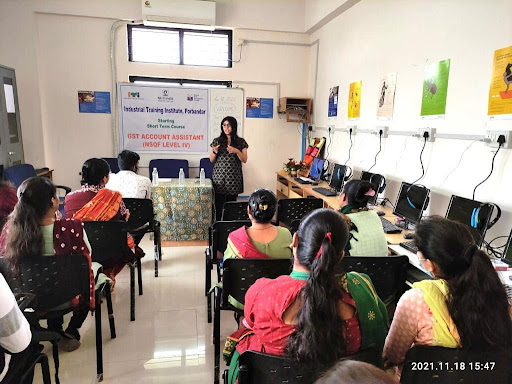
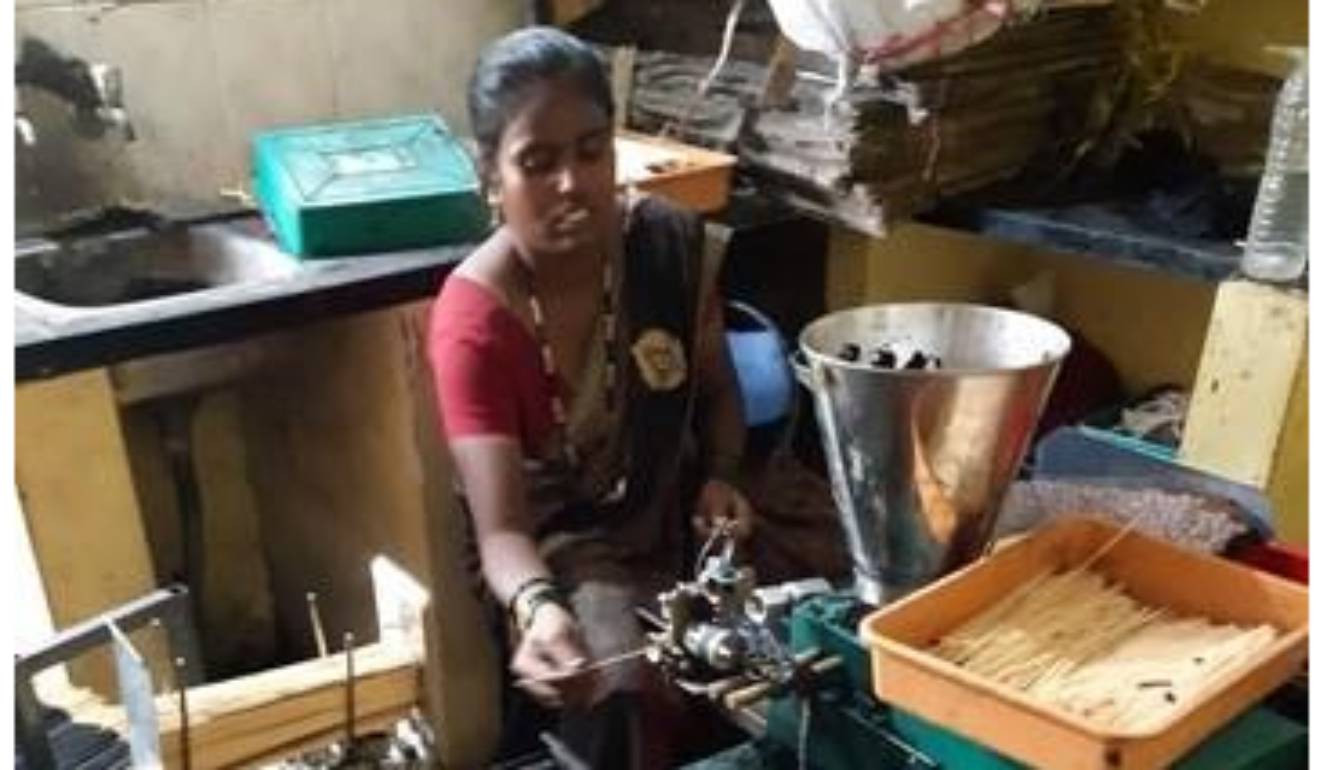

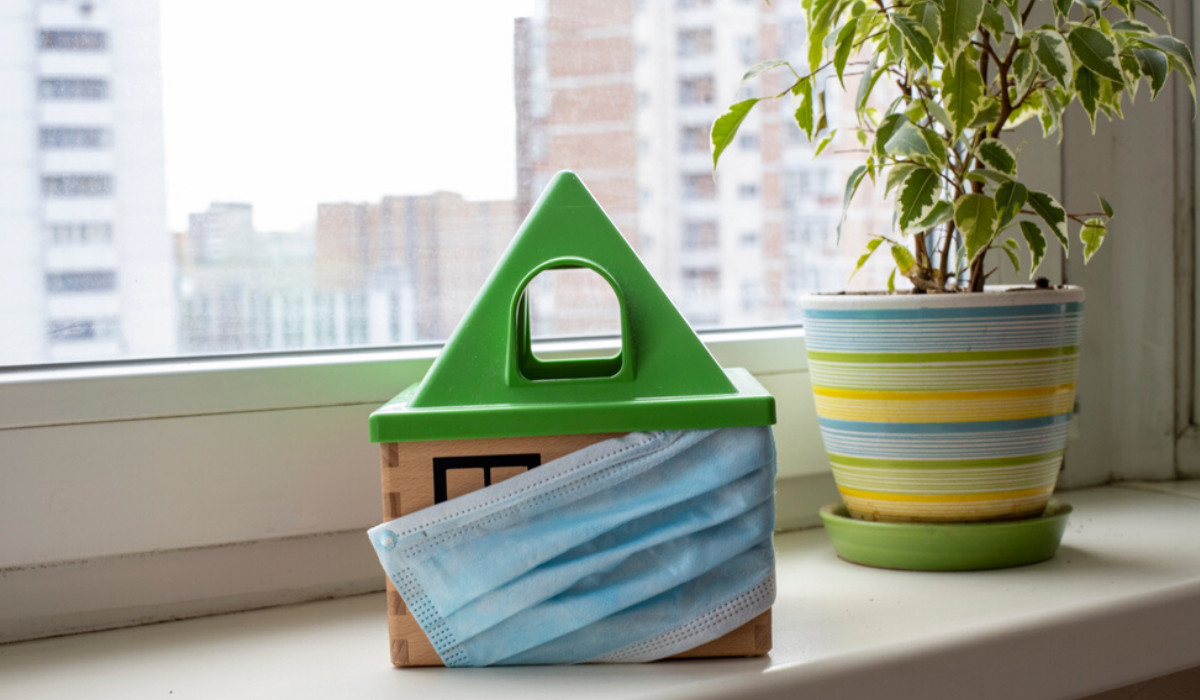
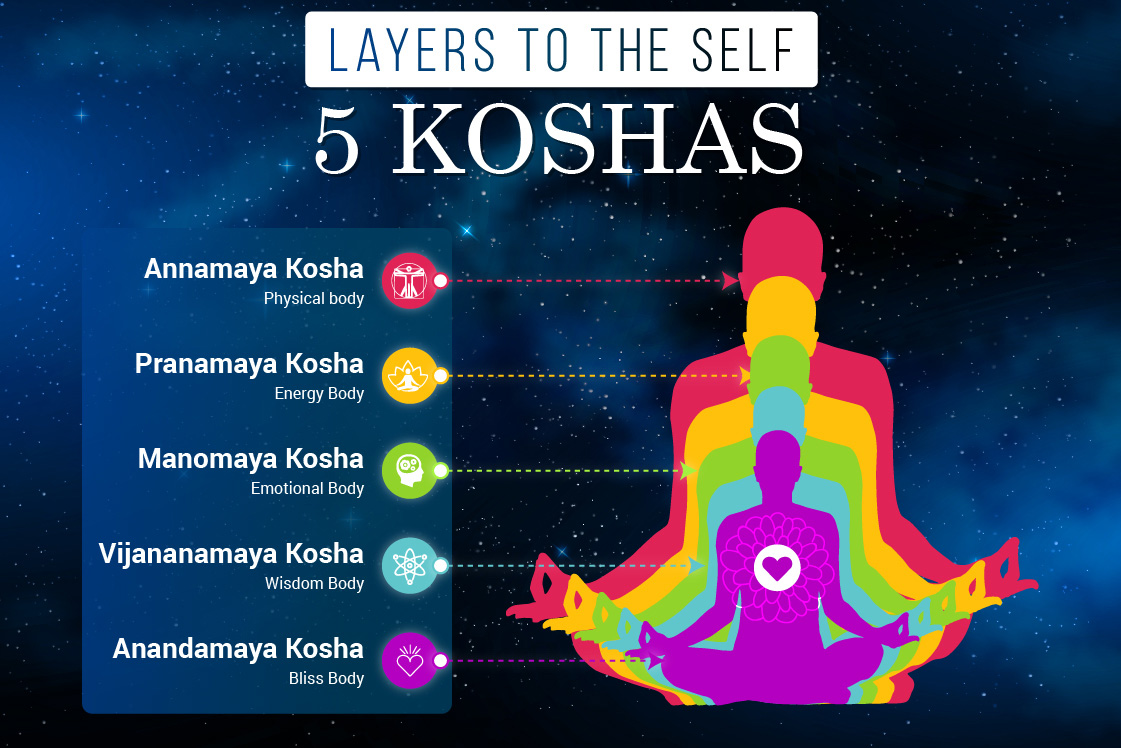
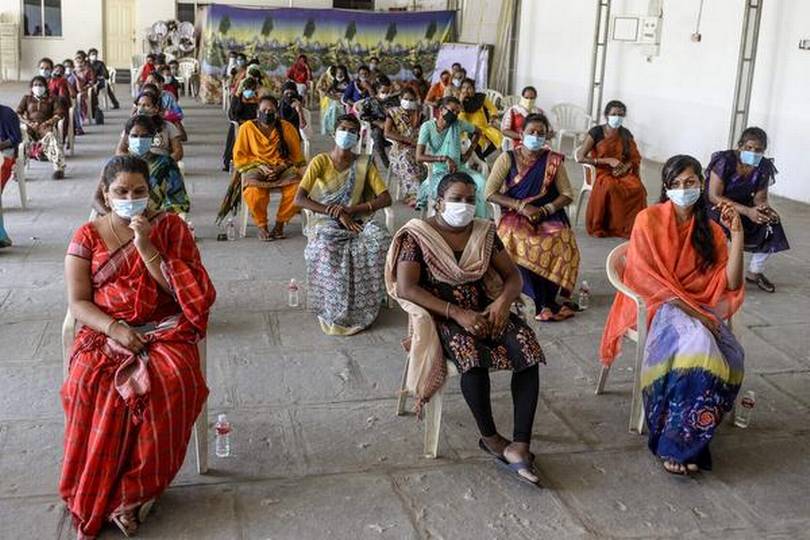
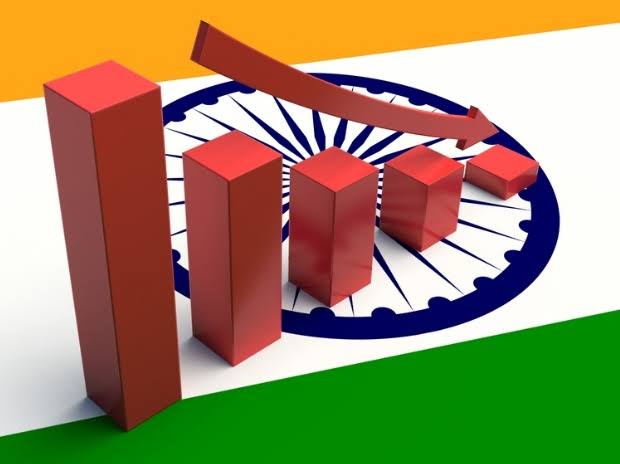
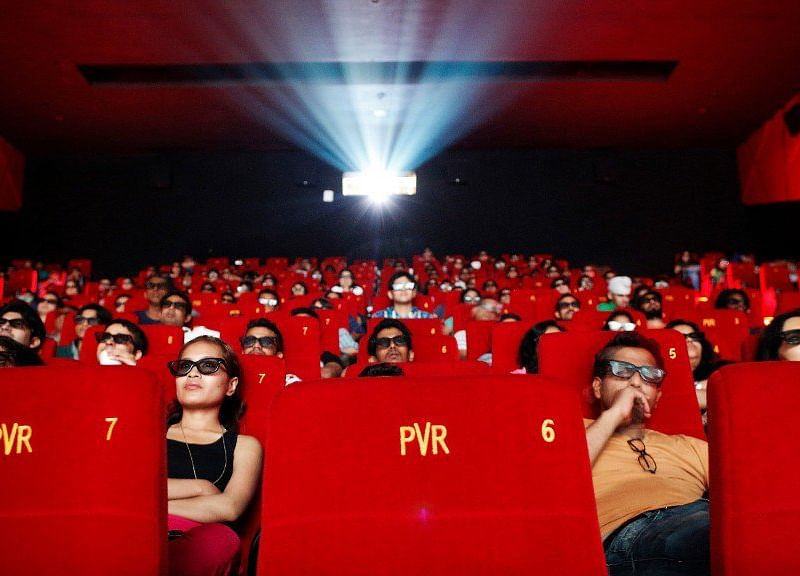
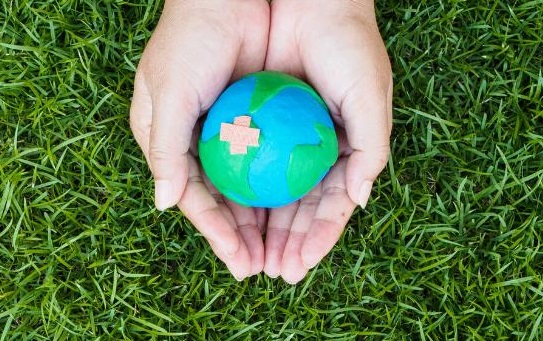





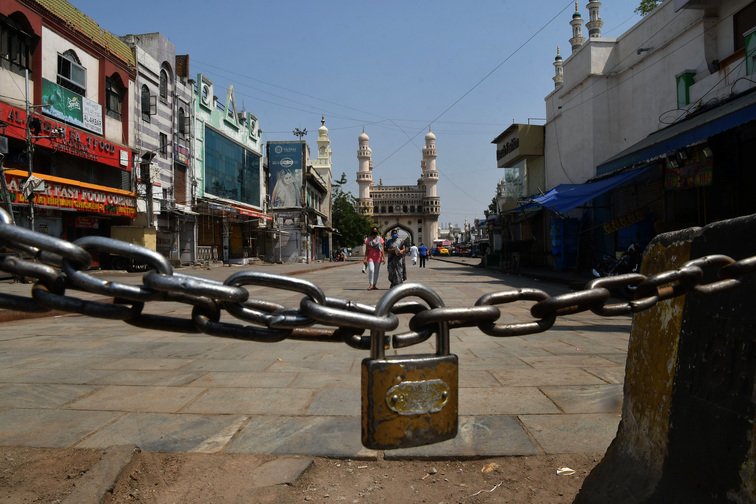
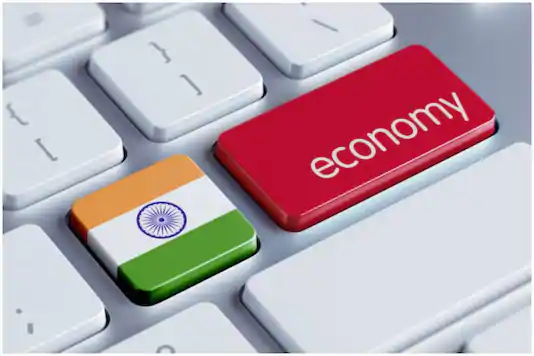


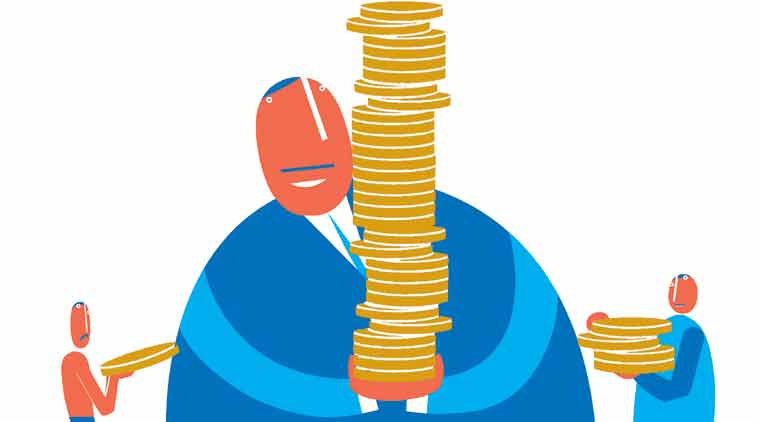
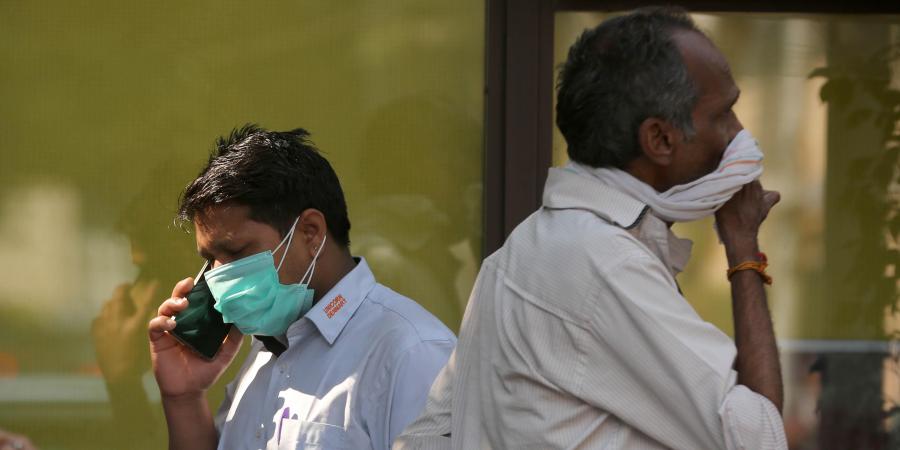

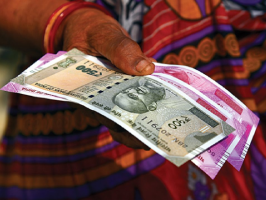
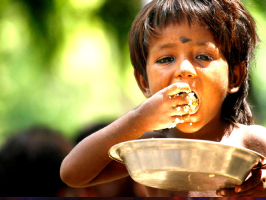
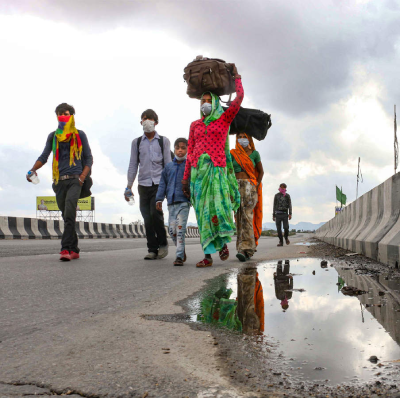

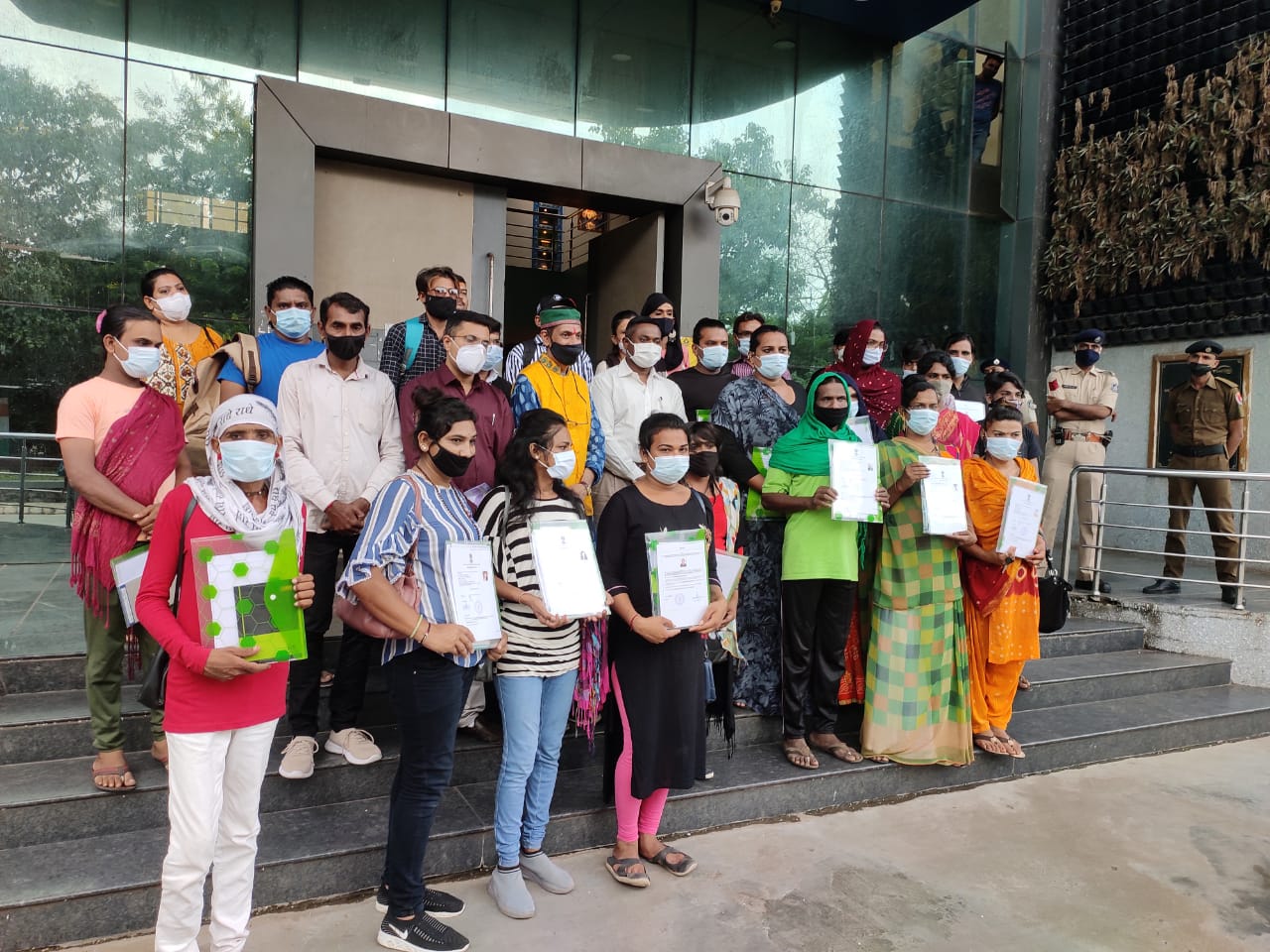
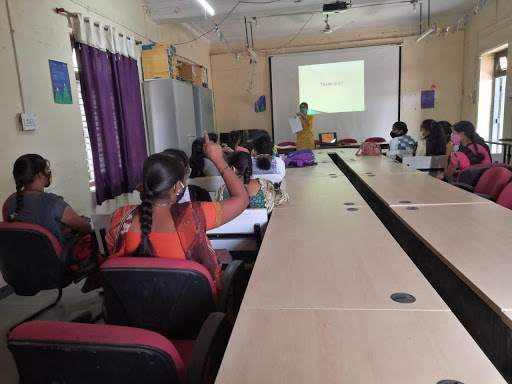

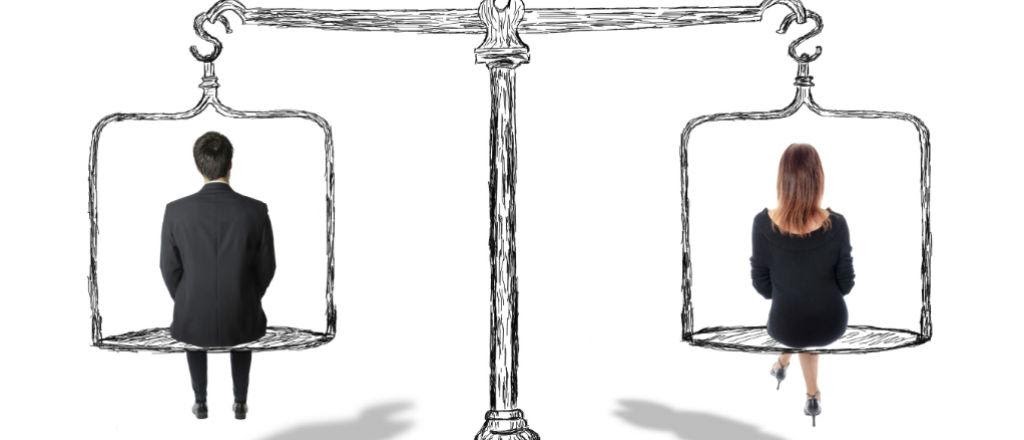


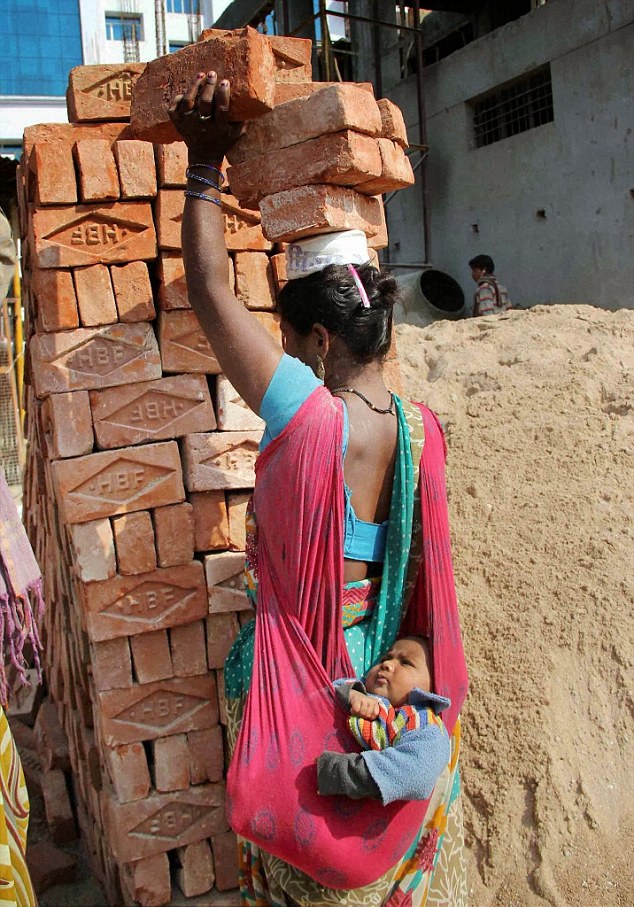




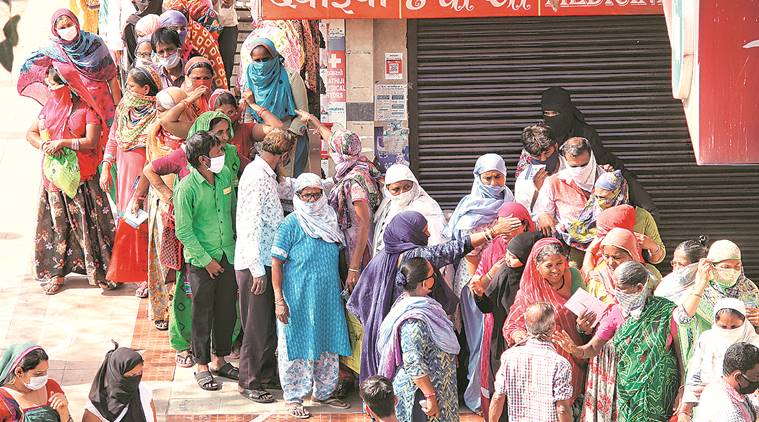

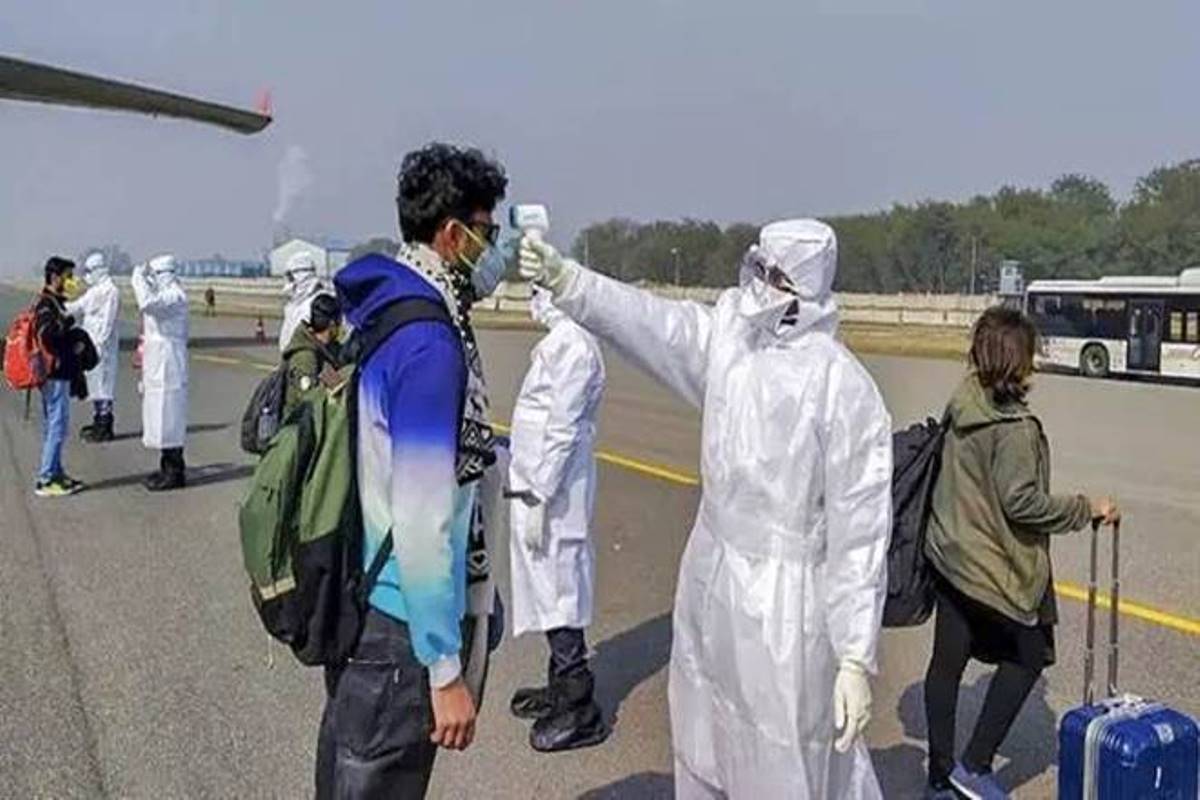

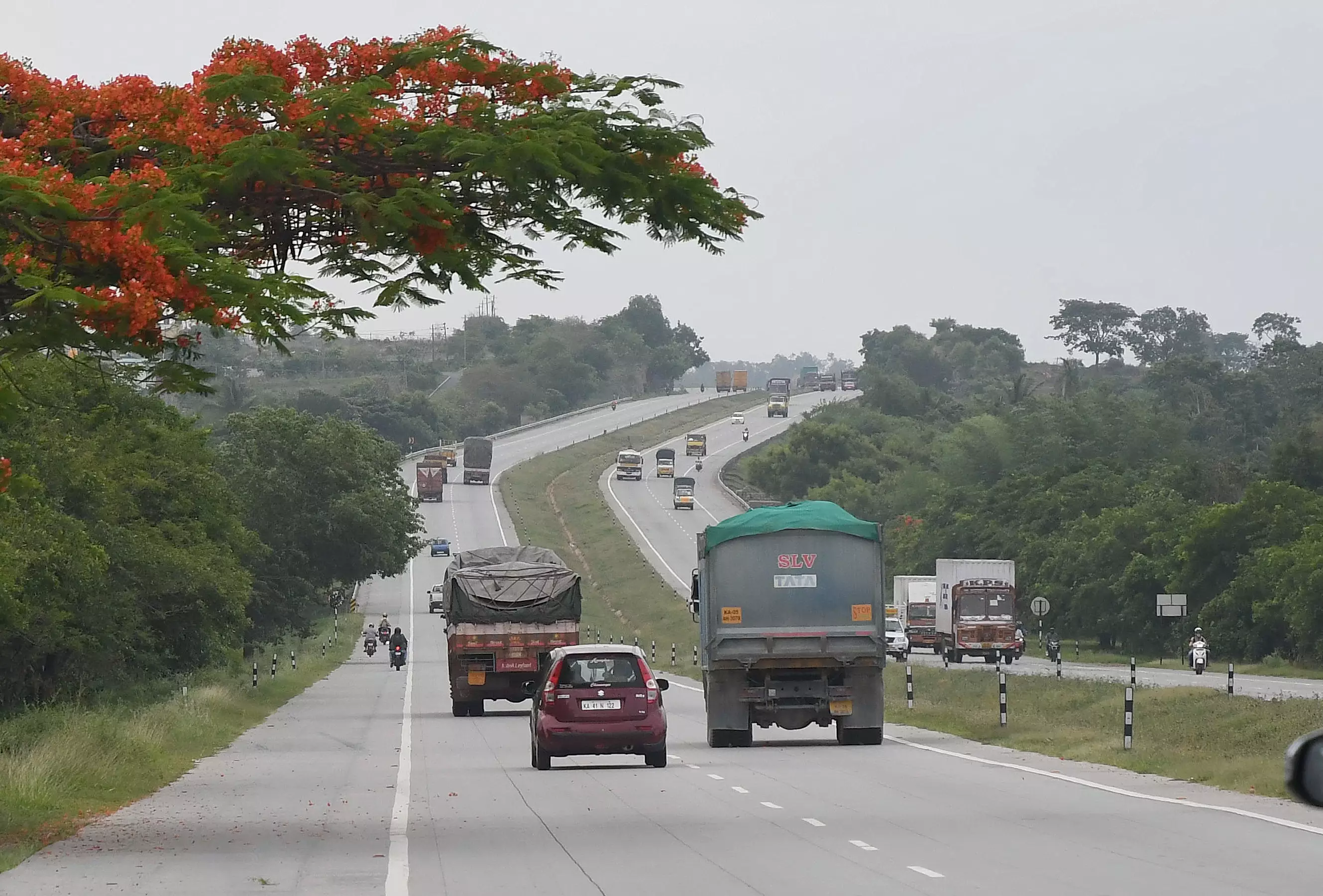
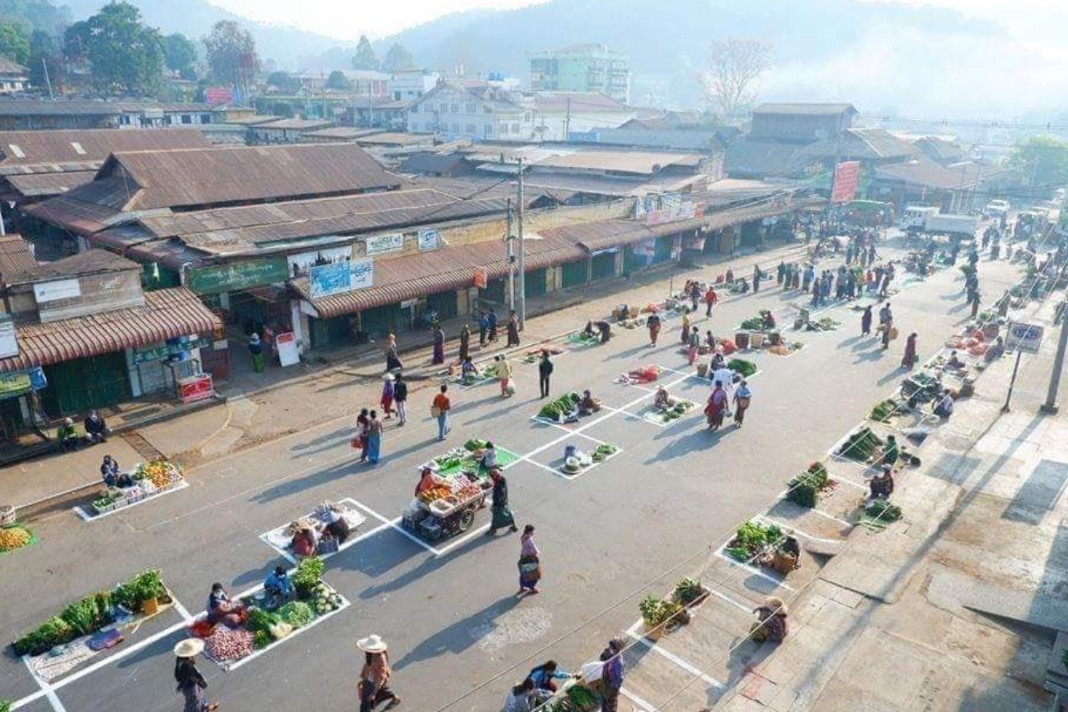
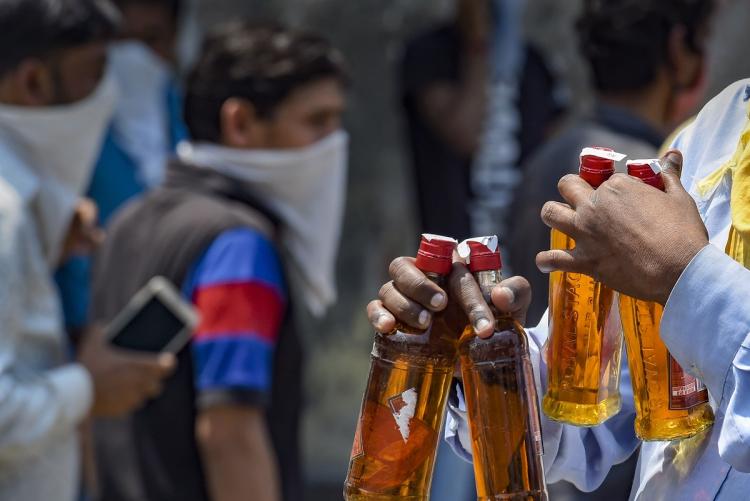
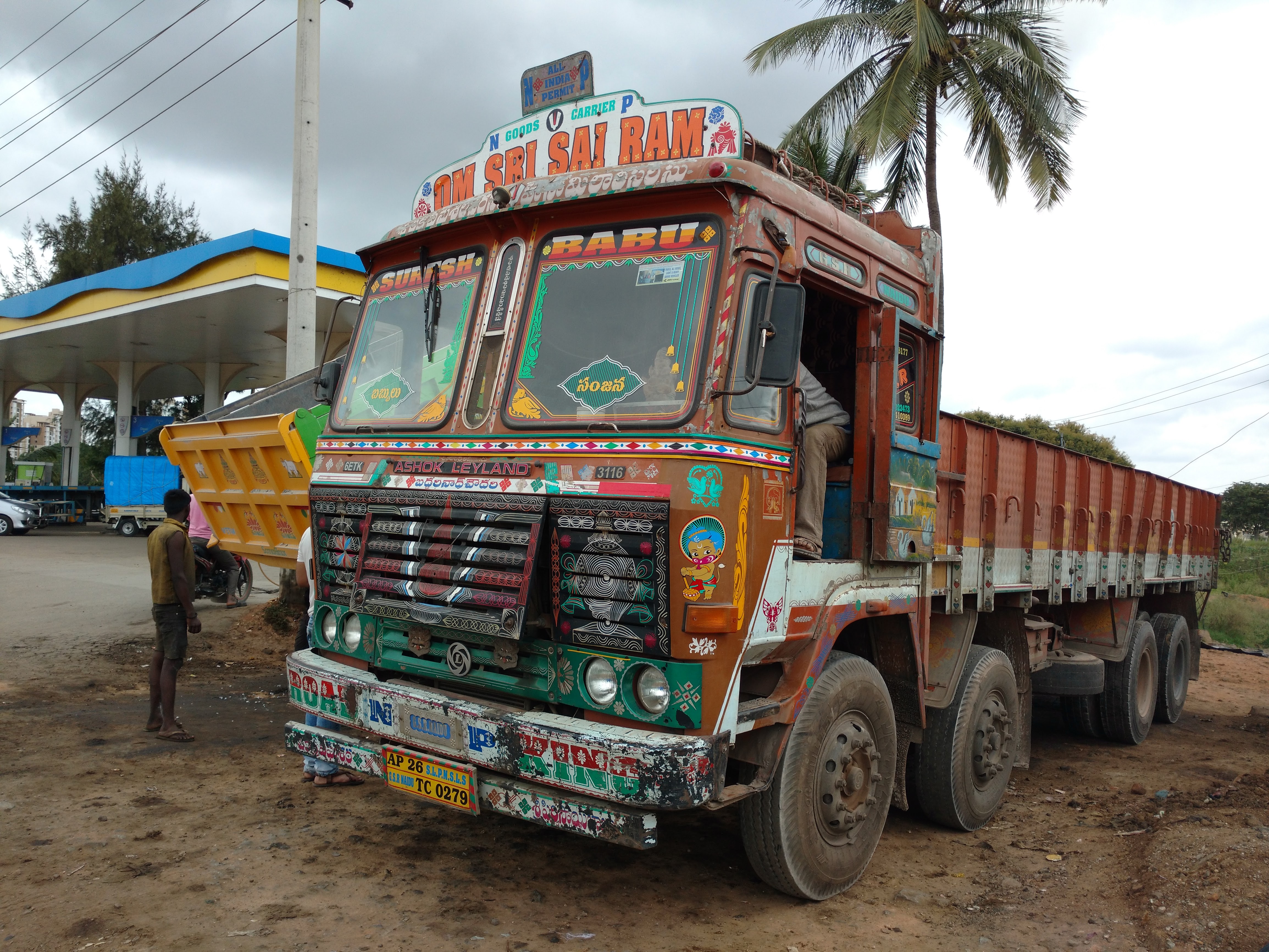

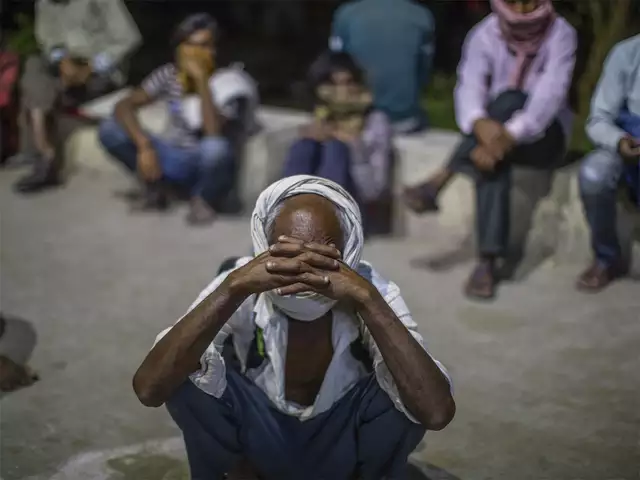

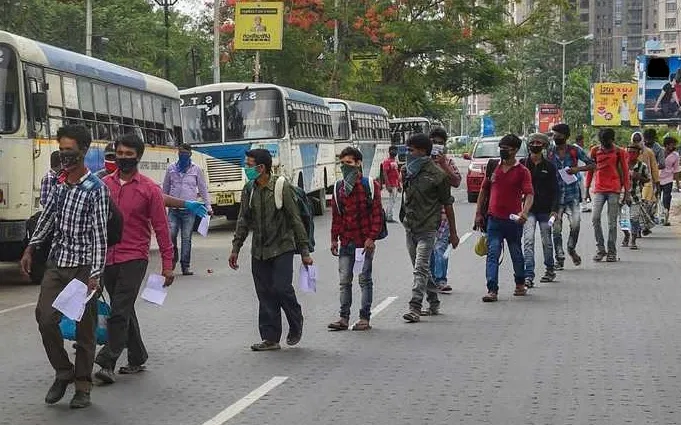







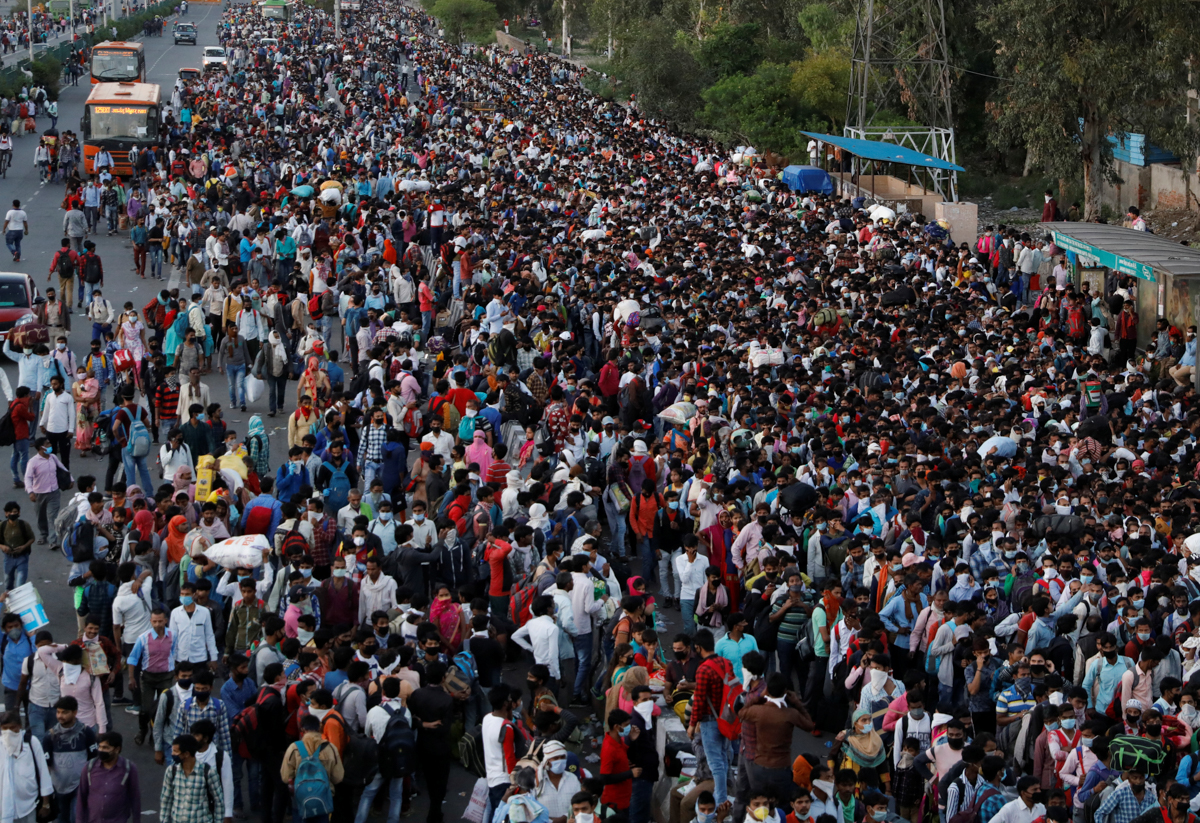
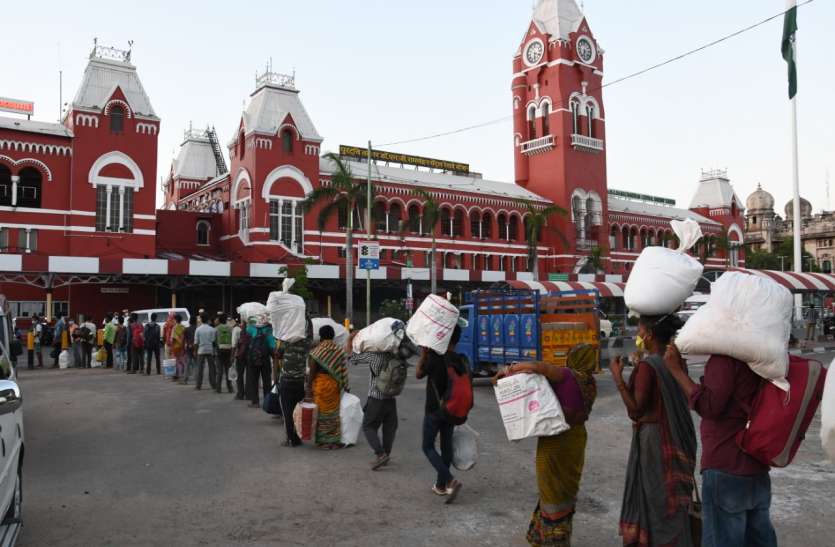
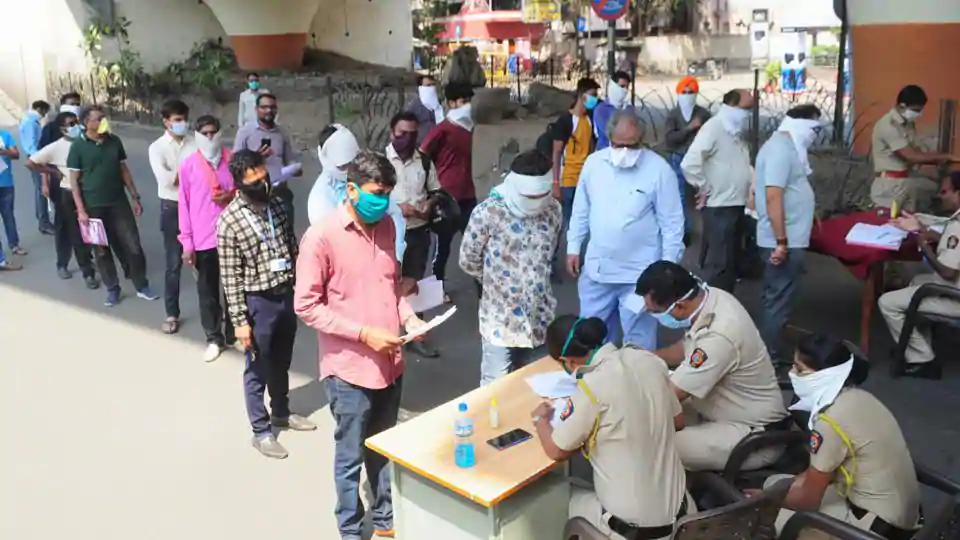
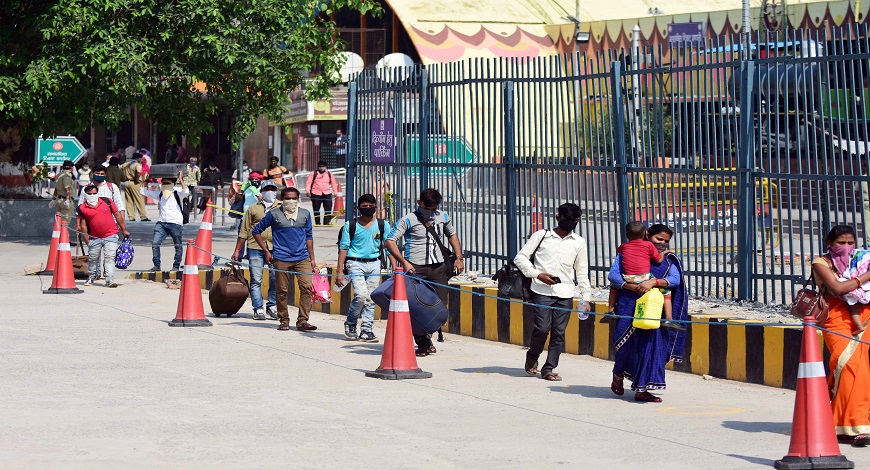
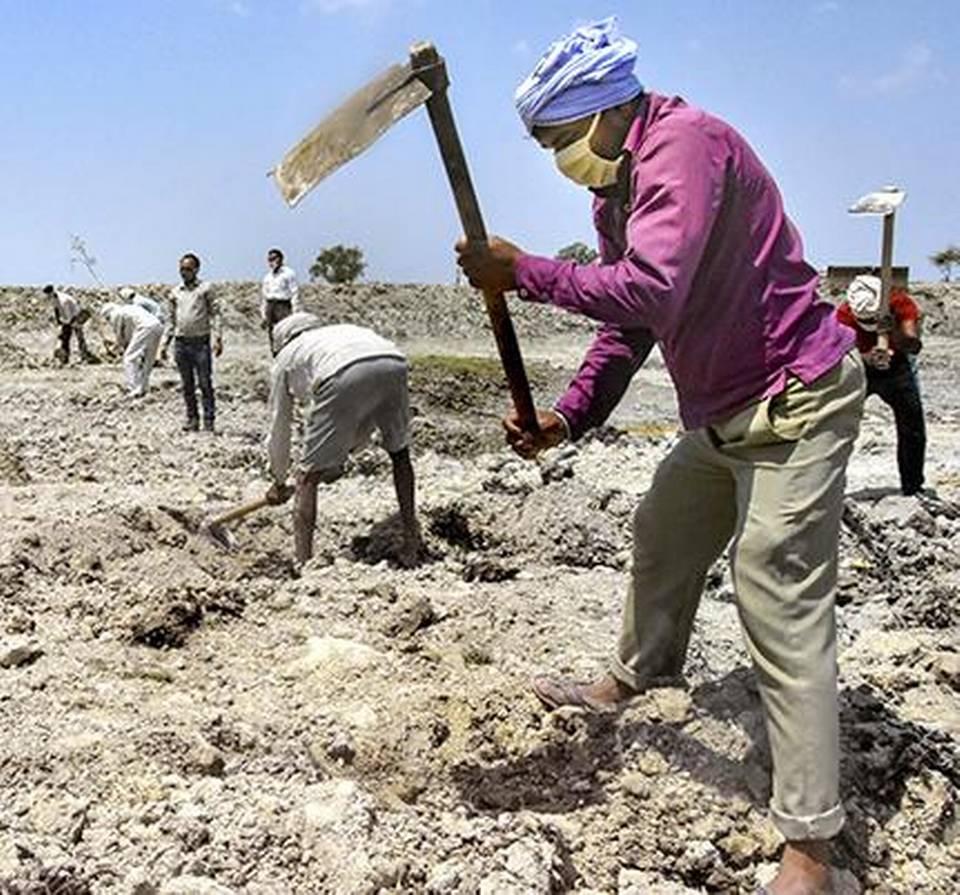
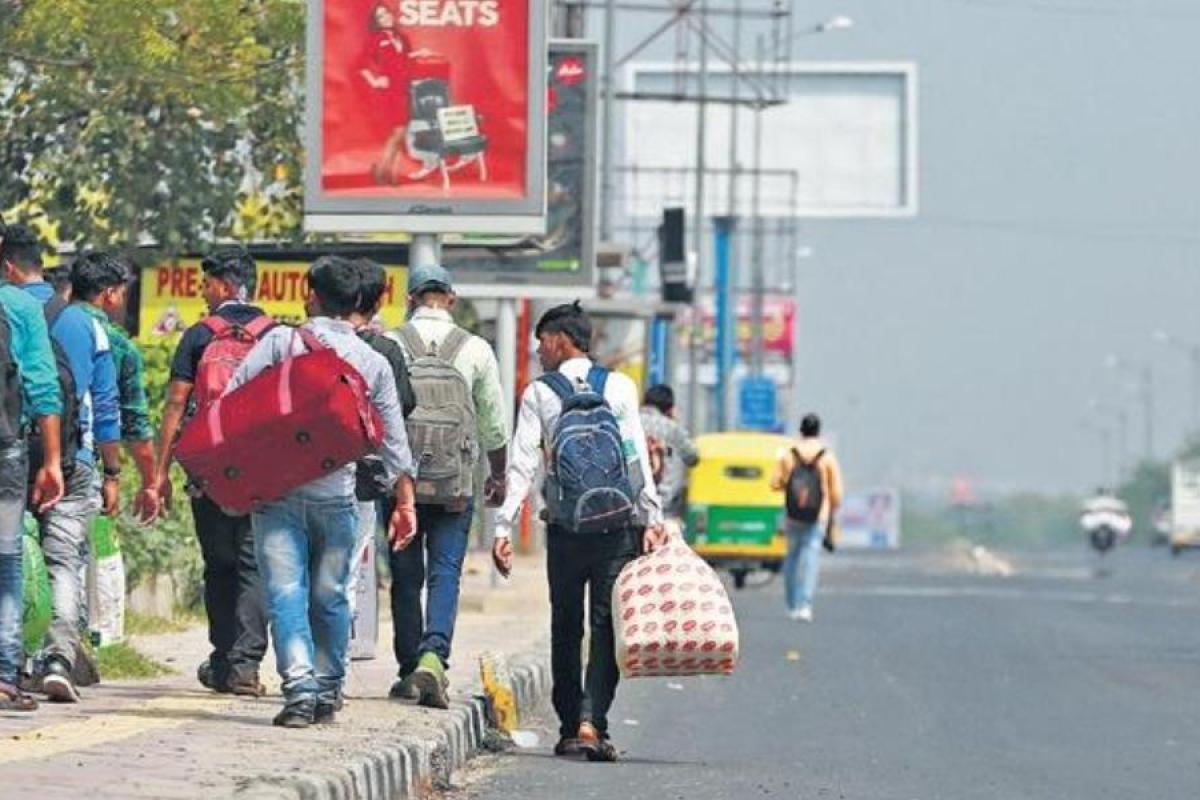
Anandita